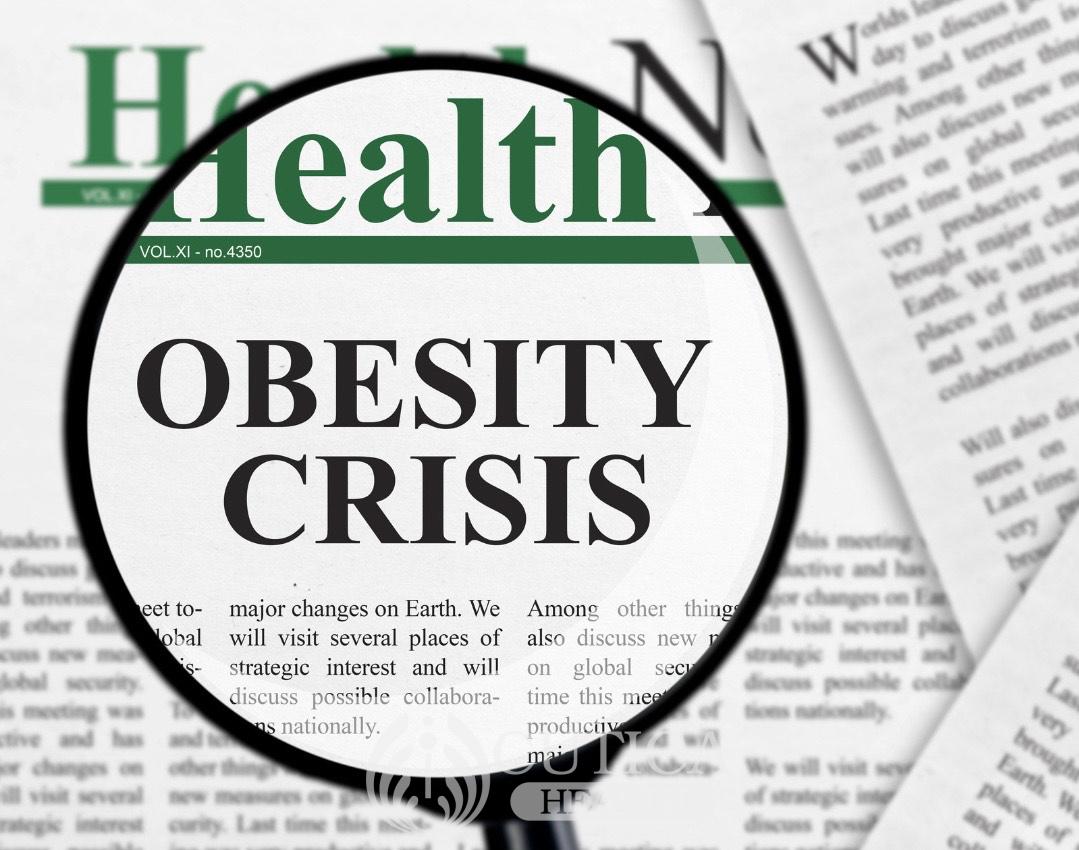
Sex is a normal part of life and it could be a pleasurable way of building intimacy with your partner. However, it could be risky and unsafe under certain conditions. What is risky sex, you might ask? Unprotected or unsafe sex involves having vaginal, anal, or oral sex without a condom especially in the context of having multiple sex partners. Behaviors that increase the risk of unsafe sex include use of psychoactive drugs to enhance sex (chemsex) or transactional sex.

Complications of Unsafe Sex
- Sexually transmitted Infections: Sexually transmitted infections such as HIV, chlamydia, gonorrhea, herpes, and syphilis are spread via unprotected sexual intercourse. Your chances of contracting any of these are higher if you or your partner has multiple sexual partners. Hepatitis B is also a chronic infection that could be contracted via unprotected sex. Some people may be lucky enough to detect and treat it early, some may not, and the infection could linger for years to cause more life-threatening conditions.

- Cancers: Anal cancer, cervical cancer, oral cancer, and penile cancers are some types of cancers that are caused by sexually transmitted human papilloma virus (HPV).
- Unwanted Pregnancy: It is difficult to avoid pregnancy through unprotected sexual intercourse even if there is penile withdrawal just before ejaculation. Unplanned pregnancy leads to other consequences, including social problems, financial problems, self-neglect and neglect of the baby, and complicated abortions.

What to do if you have had unsafe sex
If you have had unsafe sex:
- Take an emergency contraceptive pill if you are at risk of pregnancy. Remember these pills are most effective if taken within 72 hours of unprotected sex. This also applies if condom was broken during sexual intercourse. This is no longer practicing safe sex. Remember these pills are not to be used as routine contraceptives and are not advised if you engage in unsafe sex frequently.
- Consider post-exposure prophylaxis (PEP): Your sexual partner could possibly be infected with HIV, and you are unaware. In this situation, call your local PEP line for evaluation and possible administration of PEP.

See your healthcare provider for prompt testing for sexually transmitted infections.
- You may need to receive vaccines or other medicines to protect you from other sexually transmitted infections such as hepatitis.












